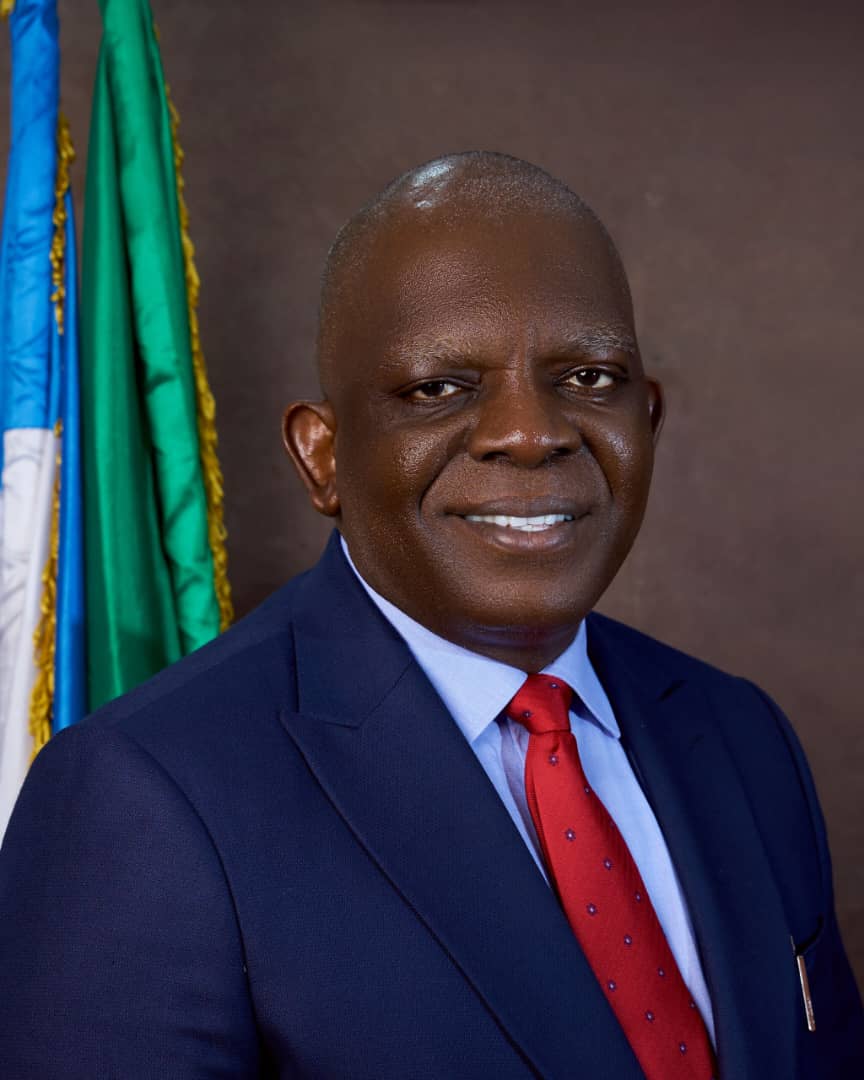
The Nigerian Shippers’ Council (NSC) has said that the Council approved the new tariff rate for West Africa Container Terminal (WACT) located at the Onne Port, confirming that the tariff was duly reviewed and approved by the Council.
The NSC was reacting to recent online publication making rounds about the tariff review approval for WACT for 2021 and 2023 . The Council said:
“The attention of the Nigerian Shippers’ Council (NSC) has been drawn to recent
publication making rounds on social media concerning the tariff review approval issued to the West Africa Container Terminal (WACT) in 2021 and 2023. As the economic regulator of the port sector, the Council considers it necessary to set the record straight and provide clarifications to avoid any misinformation.
•COUNCIL’s APPROVAL WITHIN INDUSTRY BENCHMARK: The tariff increment implemented by WACT was duly reviewed and approved by the NSC.
The review was conducted following rigorous assessment processes to ensure that the rates remain within the acceptable industry benchmark and align
with prevailing economic realities.
It is pertinent to note that the NSC, in its
regulatory capacity, ensures that all approved tariff adjustments are fair,
justifiable, and sustainable for both service providers and port users.
•CONSULTATION WITH REGISTERED CLEARING AGENTS: According to WACT, prior to the implementation of the new tariff structure, WACT engaged extensively with the leadership of registered clearing agents in Onne, including the Association of Nigerian Licensed Customs Agents (ANLCA), the National Association of Government Approved Freight Forwarders (NAGAFF), the Association of Registered Freight Forwarders of Nigeria (ARFFN), and the
National Council of Managing Directors of Licensed Customs Agents (CMD).The discussions led to a mutual agreement that the implementation would be phased to ease the impact on port users.
•PHASED IMPLEMENTATION AGREEMENT: In adherence to this agreement, WACT initially implemented first phase of the tariff increment, which was accepted by the service users. Following due consultations and considerations, the final phase of the agreed increment was scheduled for implementation after a one-month and two-week notice period given to stakeholders, ensuring transparency and adequate preparation.
•APFFLON’s NON-PARTICIPATION IN THE SENSITIZATION PROGRAMME: The claim by APFFLON is misleading. According to WACT, APFFLON has, for two years, failed to obtain an introductory letter from the Council for the Regulation of Freight Forwarding in Nigeria (CRFFN), which is a prerequisite for recognition as an agent. As such, their inability to participate in the stakeholder engagement process was due to their own non-compliance with regulatory requirements and not an act of exclusion by WACT.
The NSC assured that it is committed to its mandate of ensuring competitive practices in the port sector as the port economic regulator.
“The Nigerian Shippers’ Council remains committed to its mandate of ensuring fair
and competitive practices in the port sector while balancing the interests of
terminal operators and port users. We urge stakeholders to engage constructively and in accordance with regulatory frameworks to enhance efficiency in our port operations”.










